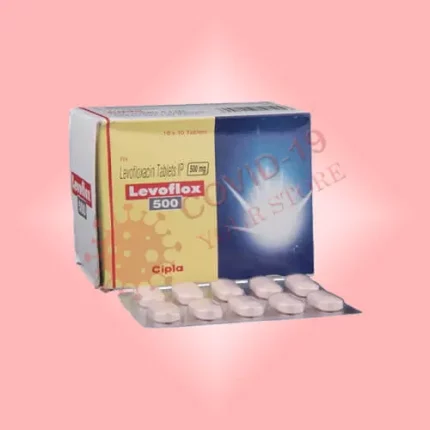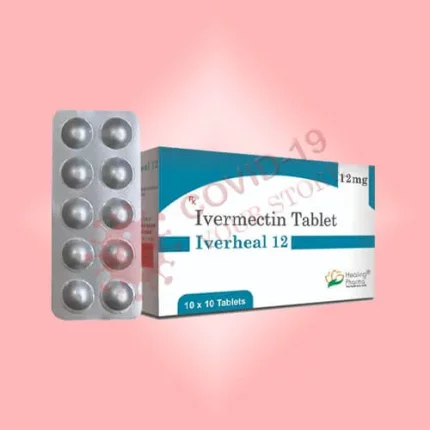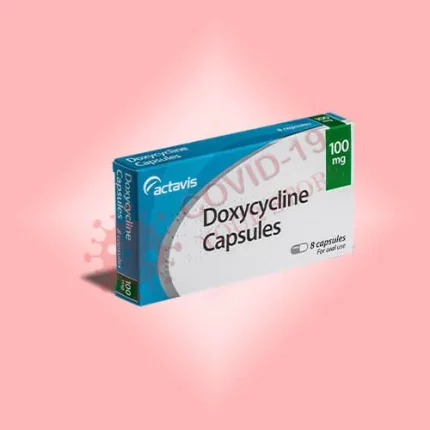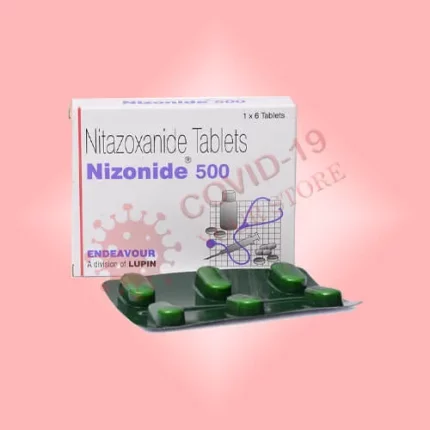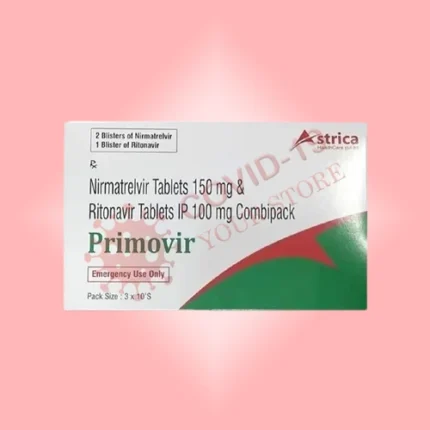What are Potassium Iodide Tablets?
Potassium Iodide Tablets are a form of medication that contains potassium iodide (KI), a stable iodine compound. These tablets are primarily used in emergency situations to prevent the thyroid gland from absorbing harmful radioactive iodine during a nuclear disaster or radiation leak. Potassium iodide is not a treatment for radiation sickness but helps protect the thyroid, which is vulnerable to radioactive iodine exposure. It is a preventive measure that can significantly reduce the risk of thyroid cancer and other thyroid-related diseases caused by radioactive iodine.
In addition to its use in radiation emergencies, potassium iodide is also used in the treatment of certain thyroid disorders, such as hyperthyroidism and Graves’ disease, as well as to prepare the thyroid for surgery. Potassium iodide tablets are available by prescription and are often included in emergency preparedness kits in areas near nuclear plants or in cases of potential radiation exposure.
How Do Potassium Iodide Tablets Work?
Potassium iodide tablets work by saturating the thyroid gland with stable iodine. The thyroid gland naturally absorbs iodine from the bloodstream to produce thyroid hormones. In the case of a nuclear emergency, radioactive iodine can be released into the environment, and the thyroid will absorb it. This can lead to long-term health risks, including thyroid cancer.
When potassium iodide is taken before or shortly after exposure to radioactive iodine, it “fills up” the thyroid with stable iodine, effectively blocking the thyroid from absorbing radioactive iodine. This prevents the harmful radioactive iodine from accumulating in the thyroid, reducing the risk of cancer and other thyroid diseases.
It is important to note that potassium iodide only protects against radioactive iodine and does not protect against other types of radiation such as gamma rays or beta particles.
Benefits of Potassium Iodide Tablets
- Radiation Protection: The primary benefit of potassium iodide tablets is their ability to protect the thyroid from the harmful effects of radioactive iodine exposure. This is particularly important in the event of a nuclear accident, such as the Chernobyl disaster or Fukushima Daiichi nuclear plant incident.
- Prevention of Thyroid Cancer: By preventing the thyroid from absorbing radioactive iodine, potassium iodide helps to significantly reduce the risk of thyroid cancer, which can result from prolonged exposure to radioactive iodine.
- Effective in Emergencies: Potassium iodide tablets are an essential part of emergency preparedness for individuals living near nuclear plants or in regions prone to radiation exposure. Having access to potassium iodide can offer a sense of security in the event of a radiation leak or disaster.
- Thyroid Treatment: Apart from its use in radiation emergencies, potassium iodide is also used to treat certain thyroid conditions, such as hyperthyroidism and Graves’ disease. It can help reduce the production of thyroid hormones in these conditions and prepare the thyroid for surgery.
- Safe and Well-Established: Potassium iodide has been used for decades in radiation emergencies and has a proven track record of safety and effectiveness. It is recommended by health authorities like the FDA and World Health Organization (WHO) for use in radiation emergencies.
How to Take Potassium Iodide Tablets
Potassium iodide tablets should be taken exactly as directed by your healthcare provider or according to emergency guidelines. The dosage varies depending on age, body weight, and the specific situation. Here are general guidelines:
- For Radiation Exposure:
- Adults: The recommended dose is 130 mg (one tablet) per day.
- Children 3-18 years old: The recommended dose is 65 mg (half a tablet) per day.
- Infants and children under 3 years old: The recommended dose is 16 mg (1/8 of a tablet) per day.
- For Thyroid Conditions: Potassium iodide may be prescribed for hyperthyroidism or Graves’ disease. The dosage and duration of treatment will vary based on the specific condition and the doctor’s recommendations.
- Timing: Potassium iodide should be taken as soon as possible after radiation exposure, ideally within 3-4 hours of exposure. However, if exposure is expected (such as in a nuclear emergency), potassium iodide may be taken in advance as a preventive measure.
- Administration: Potassium iodide tablets should be swallowed whole with water. If necessary, the tablets can be crushed or dissolved in water if swallowing is difficult.
Who Makes Potassium Iodide Tablets?
Potassium iodide tablets are manufactured by several pharmaceutical companies, including Anbex, Taro Pharmaceuticals, and Recipharm. These companies produce potassium iodide in both brand-name and generic forms, making it accessible for people in need of radiation protection.
In the United States, potassium iodide is also available through the National Stockpile and can be distributed to the public in the event of a nuclear disaster or radiation emergency.
Is Potassium Iodide Safe for Humans?
Potassium iodide is generally safe for most people when taken as directed. It has been extensively tested and is widely recommended for use in radiation emergencies by health authorities such as the FDA, CDC, and WHO. However, there are some important considerations:
- Thyroid Issues: People with thyroid conditions, such as hypothyroidism or hyperthyroidism, should consult their healthcare provider before using potassium iodide. It can affect thyroid function and may not be suitable for individuals with certain thyroid disorders.
- Allergic Reactions: Some people may be allergic to iodine or potassium iodide. Symptoms of an allergic reaction can include rash, swelling, or difficulty breathing. If any of these symptoms occur, stop taking potassium iodide and seek medical attention immediately.
- Pregnancy and Breastfeeding: Potassium iodide is considered safe during pregnancy and breastfeeding when used in emergency situations, but it should only be used under the guidance of a healthcare provider.
Side Effects of Potassium Iodide Tablets
Although potassium iodide is generally well-tolerated, some people may experience side effects. Common side effects include:
- Nausea
- Stomach upset
- Diarrhea
- Rash
- Metallic taste in the mouth
In rare cases, more serious side effects may occur, such as:
- Thyroid dysfunction (either underactive or overactive thyroid)
- Severe allergic reactions (difficulty breathing, swelling of the face or throat)
- Skin rashes or hives
If you experience any of these severe side effects, stop taking potassium iodide immediately and contact your healthcare provider.
Disclaimer
This content is for informational purposes only and should not be considered medical advice. Always consult with your healthcare provider before starting any new medication, including potassium iodide tablets. The information provided here is not a substitute for professional medical guidance, diagnosis, or treatment. Use potassium iodide only as directed by a healthcare provider or in emergency situations.



